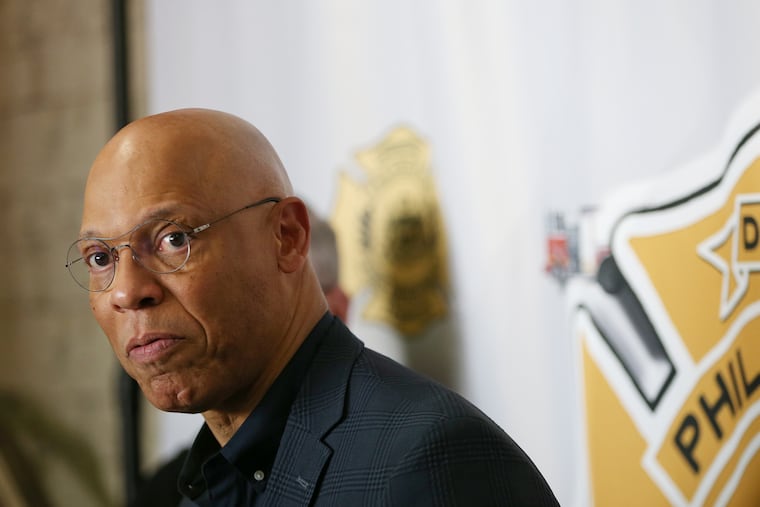The coronavirus crisis is an education crisis | Editorial
Kids risk falling behind in their education — but the disruption of the system means they could also lose critical things like consistent meals, the community that schools provide, and the relationships they have with teachers and other adults.

The wholesale damage that the coronavirus is inflicting is enormous and indiscriminate. No corner of life is untouched, and virtually no system remains undamaged.
Our system of public education is especially vulnerable to long-term damage, especially in areas with large pockets of poverty like Philadelphia.
On Monday, Pennsylvania’s education secretary announced that statewide school closures would be extended to April 6. That means a giant hole not only in the education of our children but in the many other essential services the system provides. There is no age where that won’t have long-term repercussions — whether it’s high school juniors, or first graders learning to read, or students with special needs.
While many districts around the region were able to seamlessly move to online instruction, only about half of Philadelphia district students have access to technology. That translates to roughly 100,000 students who are not up to speed, and unable to partake in distance learning options.
Superintendent William R. Hite Jr. in a press briefing Tuesday said that the district is working on providing Chromebooks and internet access to all students. The district is still figuring out how many will have to be purchased to supplement its existing inventory. Along with distance learning plans, that will take weeks.
Equipment is one thing. Internet access is a separate issue, and potentially much more complicated. The district says it hopes Comcast will be a partner in that, but that’s not going to happen overnight. It’s maddening how much time it is going to take to fix this problem. More maddening still is how long we’ve already known the extent of the digital divide.
The district is also coping with the complications of a large student population — 14,000 students — with special education requirements. Early confusion over whether schools could offer these students equal education as required by law led some, including Philadelphia, to shut down prior to the widespread school closures. Rulings have since been clarified, but advocates are concerned that the federal response to the coronavirus will alter the rights of special education students to an equitable education.
Kids risk falling behind in their education — but the disruption of the system means they could also lose critical things like consistent meals, the community that schools provide, and the relationships they have with teachers and other adults.
The school system provides a vital scaffolding for many vulnerable lives. But that scaffolding itself is not built solidly. When that fails, the repercussions will be devastating.
That’s why Congress should take this seriously when considering the funds it will make available for public education. The initial proposal included $2 billion for all schools — and the latest proposals are still not nearly enough.
This crisis could provide an opportunity for changing the landscape of educational equity — and transforming public education. That not only means money but how the system itself operates. The Philadelphia School District will need to amp up the way it communicates and tap into teachers, parents, and other members of the community for solutions. The weaknesses in our educational system are not new. The coronavirus crisis is an urgent call to take them seriously.